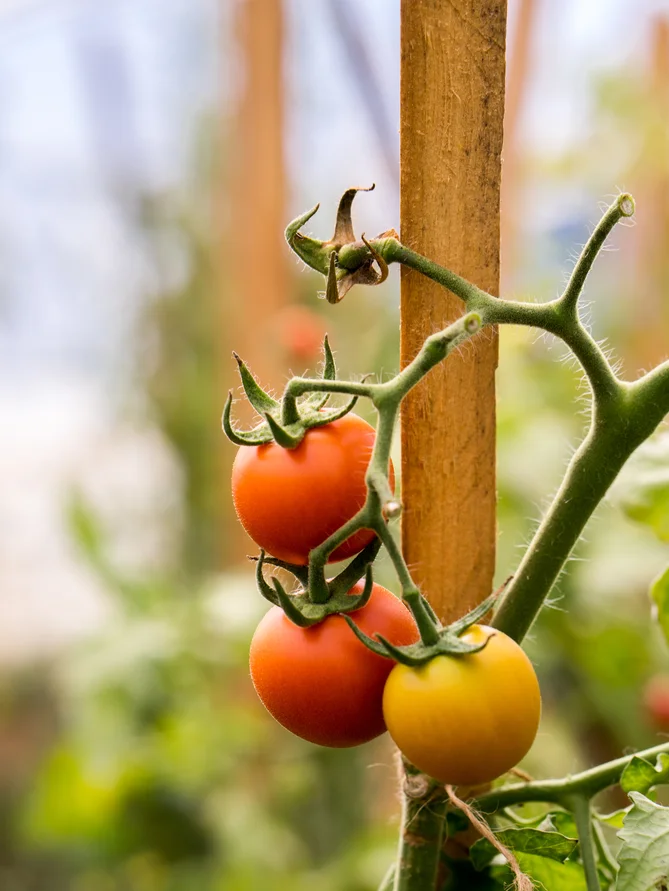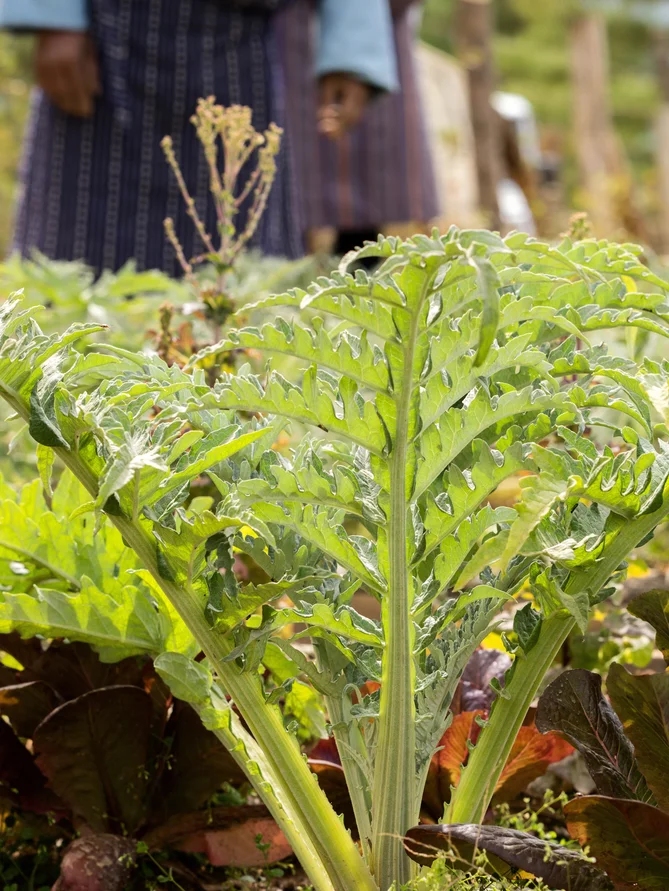Eco-village for unforgettable guest experiences in Bhutan
In Bhutan, traditional cuisine features local cheeses, vegetables and spices, but a substantial portion of dairy produce, proteins and grain is also imported. To get back to investing in local farming, Six Senses Bhutan will grow dozens of varieties of organic fruits, vegetables, herbs and flowers at an eco-village in Damchena near the Paro lodge. This fall’s harvest will include grapes, apples, peaches, plums, lettuce, herbs, tomatoes, peppers, beans, pumpkins, zucchinis, artichokes, chia seeds and quinoa.
Local partnerships
Because agriculture is the top employer in the Kingdom of Bhutan, we are collaborating closely with local residents such as farmer Chenda, as well as the Ministry of Agriculture and Forests (MoAF). Ultimately, this organic and sustainable village will be unlike anything the country has ever seen and it will serve as an educational center for the local community, children, hosts and guests.
Zero Waste
In line with our Zero Waste philosophy, the eco-village is constructed from extra wood left on the construction site at our nearby lodge. The wood is reused and recycled to build pagodas, vegetable beds, fences and chicken coops. To ensure all produce is 100 percent organic; herbs such as citronella and lavender are planted to provide natural defenses. To combat the challenges of cold winters, greenhouses are being designed with guidance from and in collaboration with experienced local farmers and the MoAF.


Guest experiences
The immediate success of our eco-village culminates in crafting incredible menus and memorable dining experiences for guests, such as enjoying a private dinner in the 15th century stone ruins or participating in cooking classes where seasonal ingredients are handpicked. The possibilities are endless!
The long-term success of the eco-village will be the investment in the future of Bhutanese farming. By introducing new crops and best farming practices, we can offer training courses and educate the community in nutrition and recycling. Already, our hosts have held fun and informative events to introduce people to new health foods not previously produced in Bhutan, such as beetroot chips, quinoa-sesame biscuits and chia seeds. Other events have focused on teaching recycling and waste management practices to kindergarten students who are eager and curious to learn about the world around them.
Six Senses Country F&B Manager Roy Todemann says, “As one of the four pillars of Bhutan’s Gross National Happiness (GNH) philosophy, environmental conservation is carefully woven into our design and operation. Working closely with the local community, we aspire to transform Bhutan’s farming and garden landscape over the next several years by sharing best practices in organic farming, nutrition, recycling and waste management. Through our partnership with the Ministry of Agriculture and Forests, our eco-village will be the first of many around the Kingdom of Bhutan. Our wonderful hosts are working hard to share our Six Senses values and vision with the community. We are excited to see the impact we can have working together to promote sustainable tourism in Bhutan."

